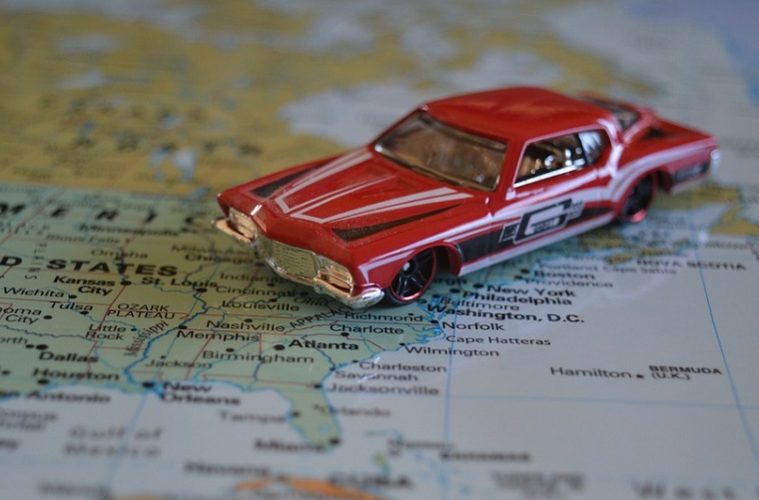A road trip is like putting your car up for a marathon. It is therefore important that you check the car condition to make sure it is in good shape. This will help you avoid any mechanical issues on the road which may lead to an accident or other inconveniences.
You should conduct certain checks on your car before you hit the road:
-
Car history
If you plan on acquiring a used car, you should check the car history before buying it, there are few sites that offer free vin check. Don’t buy used car before you check it.
-
Engine oil
The engine oil lubricates the moving components of the engine like the pistons and crankshaft. Check the oil level and top it off appropriately. Get the car checked out if the oil is below minimum, black, or gritty. The engine oil should be drained and replaced with a fresh one. This is safer because sludge from the old oil will remain if it is simply refilled. You should also consider changing the oil filter before pouring in the fresh oil.
-
Fluids
Check the fluid levels – including the windshield wash, brake fluid, power steering, transmission, and radiator fluids. Be sure to top them off. If you notice that the brake pedal has extra travel or feels spongy when you apply it, it could be that the brake fluid is contaminated. The radiator fluid extracts heat from the engine and dissipates it through the radiator. Your car would overheat if the radiator fluid is not gauged. The power steering wheel will get unresponsive if the power steering oil is contaminated or low. The transmission fluid gets the gears working properly; if not gauged will result to uncomfortable shifts.
-
The tyres
The tyres are among the most important checks to conduct. Not only are they paramount to road safety, they also affect the fuel efficiency of your car. Check the air pressure of the tyres. Low tire pressure can lead to hotter tyres and reduced fuel efficiency. Too much pressure on the other hand may cause the tyres to wear unevenly or even blowout. The right amount of pressure for your tyres is indicated by the number marked on the tyres, which is the maximum amount of pressure for the tyre. You can make use of an air hose and a gauge to get the air pressure right.
It is also important to rotate your tyres periodically since weight balance, variations in suspension calibration, and road conditions can lead to uneven tyre wear. Rotation helps your tyres last longer. Also check if the tyres are nearing their expiry dates. If any of the tyres has had a puncture, or shows wear or sidewall bulges, it is important to get it replaced.
-
Air filter
The efficiency and performance of your car is maintained by plentiful supply of clean air to the engine. Air filters prevent gunk from entering the engine. Fuel efficiency and engine performance can be hindered by clogged air filters. The cabin filter ensures that the air inside the car is clean.
-
Car lights and signals
To avoid accidents, it is important that your headlights, reverse lights, indicators, and tail lights are all functional. You could take spare bulbs along just in case any of the lights burn out after you have set out on your trip.
-
Auto emergency equipment
These include spare tyres, spanners, flashlights, reflective triangle, and your cell phone. Having these handy can save you a whole lot of trouble if your car happens to break down.
Additional resources:
- What are the reasons behind the increasing popularity of electric vehicles?
- What do young people think about driving?
- How can one organise an ideal romantic escape?




